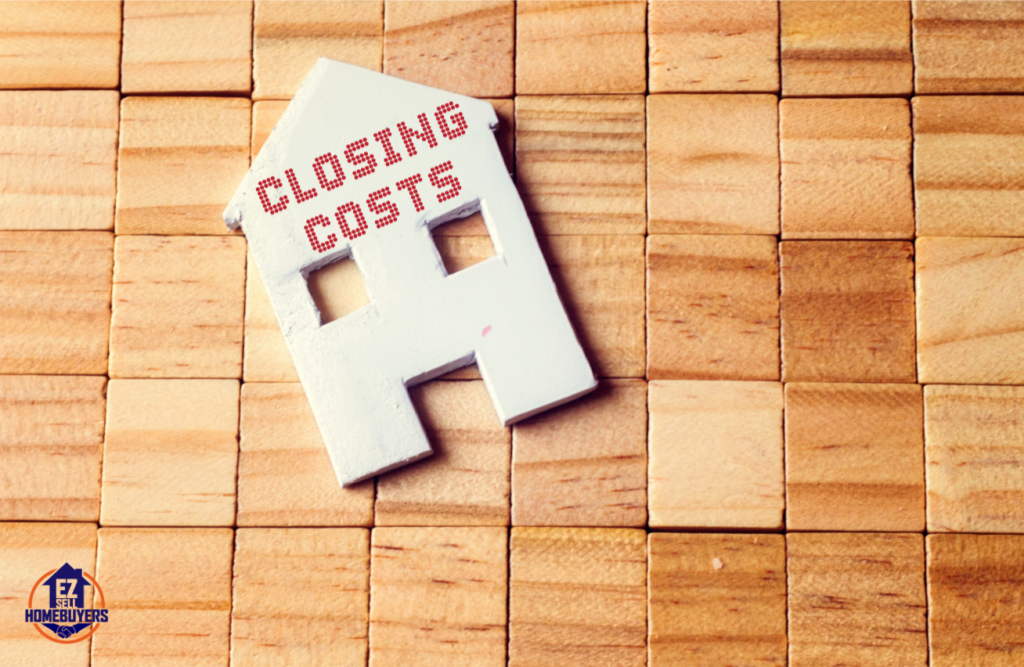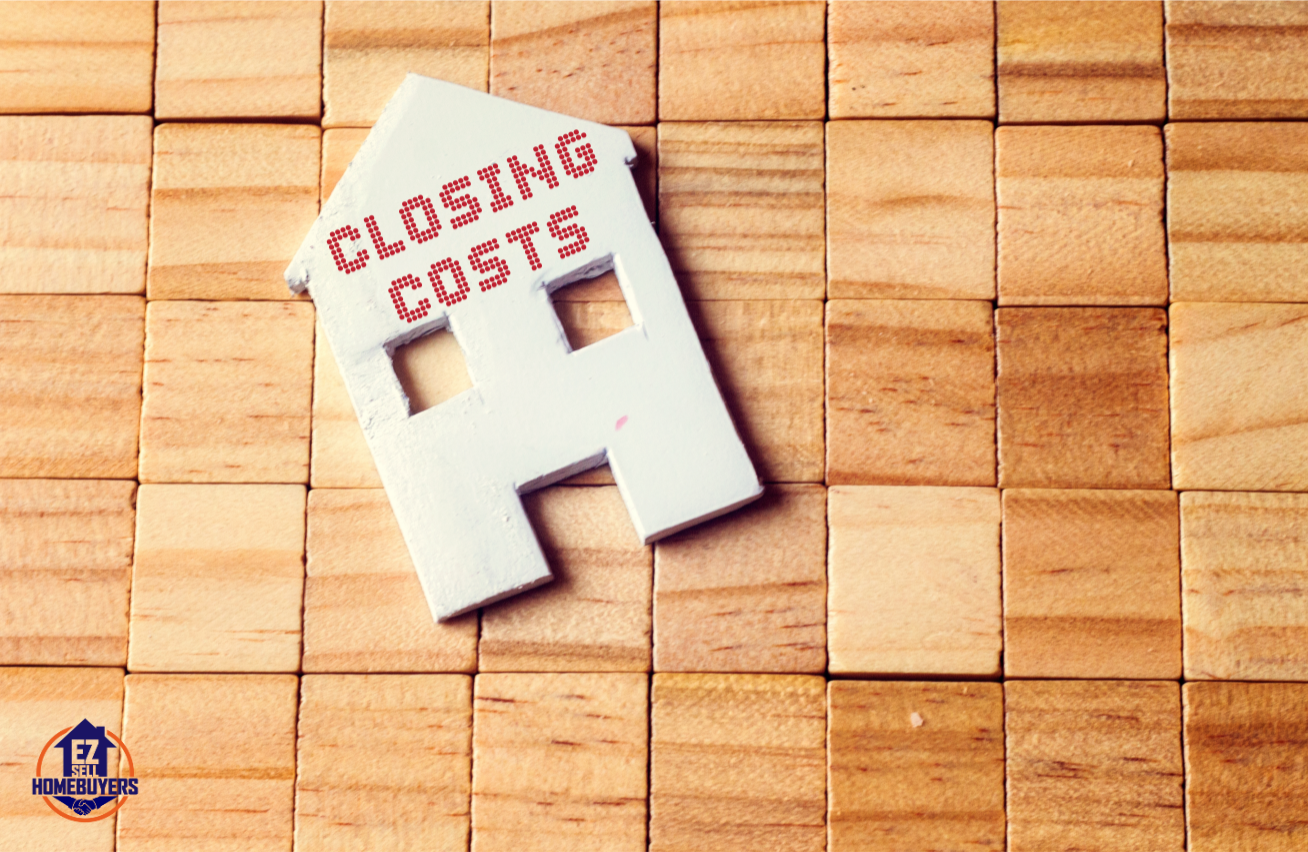Understanding the closing costs is crucial when buying or selling a home in Ohio. Over my 23 years of experience in the Ohio real estate market, I’ve seen how these costs can significantly impact your budget and financial planning. According to a 2023 survey by the Ohio Association of Realtors, the average closing cost in Ohio has increased by 1.5% annually over the past five years. In this comprehensive guide, I will break down the typical closing costs in Ohio, including what to expect as a buyer or seller, and share real-life examples and expert tips on accurately estimating and reducing these costs.

Understanding Closing Costs
Closing costs are the fees and expenses you need to pay when finalizing a real estate transaction. These costs can vary widely based on several factors, including the property’s price, location, and the type of mortgage you choose. In Ohio, closing costs typically range from 2% to 5% of the home’s purchase price.
Average Closing Costs in Ohio
The average closing costs in Ohio can vary, but here’s a breakdown of common expenses you might encounter based on my extensive experience and backed by reliable sources:
- Loan Origination Fees: Lenders charge fees for processing the loan application, usually ranging from 0.5% to 1% of the loan amount. According to the Consumer Financial Protection Bureau (CFPB), these fees cover administrative costs and underwriting processes.
- Appraisal Fees: An appraisal is required to determine the property’s market value. In Ohio, this typically costs between $300 and $500, as reported by the Appraisal Institute. This step is crucial for both buyers and lenders to ensure the property’s value aligns with the purchase price.
- Title Search and Title Insurance: A title search ensures there are no liens or disputes on the property, while title insurance protects against future claims. Combined, these costs can range from $500 to $1,000. As noted by the American Land Title Association (ALTA), title insurance provides peace of mind by safeguarding your property rights.
- Home Inspection Fees: A home inspection is crucial for identifying any potential issues with the property. This usually costs between $300 and $500.
- Property Taxes: Depending on the time of year you close, you may need to pay prorated property taxes.
- Attorney Fees: While not always required, some buyers and sellers hire a real estate attorney to review documents. Fees can range from $500 to $1,000.
- Recording Fees: These are fees for recording the property transfer with the local government, usually around $100 to $200.
Buyer Closing Costs in Ohio
For home buyers in Ohio, closing costs can include:
- Mortgage Insurance: If your down payment is less than 20%, you might need to pay for private mortgage insurance (PMI).
- Prepaid Costs: These include homeowner’s insurance, property taxes, and mortgage interest. These costs are prepaid and placed into an escrow account.
- Credit Report Fee: Lenders charge a fee to check your credit report, typically around $25 to $50.
- Escrow Fees: These fees cover the cost of the escrow service that handles the closing. They usually range from $300 to $700.
Seller Closing Costs in Ohio
Sellers also incur closing costs, which can include:
- Real Estate Agent Commissions: Typically, the seller pays the real estate agent’s commission, which is usually 5% to 6% of the home’s sale price.
- Transfer Taxes: These are taxes imposed by the state, county, or municipality when transferring property ownership. In Ohio, transfer taxes are usually about 0.1% to 0.2% of the sale price.
- Title Insurance: Sellers often pay for the buyer’s title insurance as a gesture of good faith.
- Home Warranty: Some sellers offer a home warranty to make the deal more attractive. This usually costs between $300 and $600.
- Outstanding Liens or Judgments: Any existing liens or judgments against the property must be paid off before the sale can proceed.
How to Estimate Closing Costs
Estimating closing costs can be challenging, but there are reliable tools and resources available to help. Over the years, I’ve found that online closing cost calculators can provide a rough estimate based on your location and the property price. Here’s how to use them effectively:
- Enter the Property Details: Input the purchase price, loan amount, and location of the property. For example, I recently used a calculator for a $250,000 home in Columbus, and it provided a detailed breakdown of expected costs.
- Include Loan Information: Provide details about your mortgage, including interest rate, term, and down payment. Accurate information here ensures the estimate is as close to reality as possible.
- Factor in Local Costs: Include local property taxes, homeowner’s insurance, and any other regional fees. These can vary significantly across different counties in Ohio, so make sure you input the correct data.
- Review the Estimate: The calculator will provide an estimate of your closing costs. Use this as a baseline, but remember that actual costs may vary. Tools like the Bankrate Closing Cost Calculator have been particularly helpful in providing accurate estimates for my clients.
Tips to Reduce Closing Costs
While closing costs are inevitable, there are ways to minimize them. Based on my experience, here are some effective strategies:
- Shop Around for Lenders: Different lenders have different fees. Compare offers to find the best deal. According to Jane Smith, a seasoned real estate agent in Cleveland, “One effective way to reduce closing costs is to negotiate with multiple lenders. You’d be surprised at how much you can save by simply comparing offers.”
- Negotiate with the Seller: In some cases, you can negotiate for the seller to cover some or all of your closing costs. In my practice, I’ve seen sellers agree to cover these costs to expedite the sale.
- Look for Discounts: Some lenders offer discounts to first-time home buyers or veterans. For instance, Veterans United offers reduced fees for military members.
- Close at Month-End: Closing at the end of the month can reduce prepaid interest costs. This strategy has saved my clients hundreds of dollars in interest payments.
- Review the Loan Estimate: Carefully review the Loan Estimate provided by your lender. This document outlines your estimated closing costs. Look for any unnecessary fees and ask for clarification. I always advise my clients to scrutinize this document and consult with their real estate attorney if necessary.
Conclusion
Closing costs in Ohio are a significant part of the home buying and selling process. Being prepared and understanding these costs can help you budget effectively and avoid any last-minute surprises. Whether you are a buyer or a seller, knowing what to expect and how to estimate these costs will put you in a stronger position during your real estate transaction.
By following the tips provided and using the recommended tools, you can ensure that you are well-informed and ready for the closing process. Remember, every transaction is unique, so it’s essential to work closely with your real estate agent and lender to get the most accurate estimate of your closing costs.
With this knowledge, you can confidently navigate the Ohio real estate market and make informed decisions that benefit your financial future.
FAQ for Understanding and Reducing Closing Costs in Ohio
- What are closing costs?
- Closing costs are the fees and expenses you need to pay when finalizing a real estate transaction. These costs can include loan origination fees, appraisal fees, title search and title insurance, home inspection fees, property taxes, attorney fees, and recording fees.
- How much are closing costs in Ohio?
- Closing costs in Ohio typically range from 2% to 5% of the home’s purchase price. These costs can vary based on the property’s price, location, and the type of mortgage you choose.
- What are common closing costs for buyers in Ohio?
- Common closing costs for buyers in Ohio include mortgage insurance, prepaid costs (homeowner’s insurance, property taxes, and mortgage interest), credit report fee, and escrow fees.
- What are common closing costs for sellers in Ohio?
- Sellers in Ohio usually incur closing costs such as real estate agent commissions, transfer taxes, title insurance for the buyer, home warranty, and paying off any outstanding liens or judgments.
- How can I estimate my closing costs?
- You can estimate your closing costs using online closing cost calculators. Input details such as the purchase price, loan amount, and location of the property. These calculators provide a rough estimate based on the information provided.
- Are there ways to reduce closing costs?
- Yes, there are several ways to reduce closing costs. These include shopping around for lenders, negotiating with the seller, looking for discounts from lenders, closing at the end of the month to reduce prepaid interest costs, and carefully reviewing the Loan Estimate provided by your lender.
- Do I need a real estate attorney for closing in Ohio?
- While not always required, some buyers and sellers hire a real estate attorney to review documents and ensure the transaction goes smoothly. Attorney fees can range from $500 to $1,000.
- What is the role of title insurance in closing costs?
- Title insurance protects against future claims or disputes over the property. It ensures that the buyer has clear ownership of the property. In Ohio, combined costs for title search and title insurance typically range from $500 to $1,000.
- Can I negotiate closing costs with the seller?
- Yes, in many cases, you can negotiate with the seller to cover some or all of your closing costs. This is often done to make the deal more attractive to buyers.
- What is a Loan Estimate, and why is it important?
- A Loan Estimate is a document provided by your lender that outlines your estimated closing costs. It is crucial to review this document carefully to identify any unnecessary fees and ask for clarification if needed.
- Why should I use a closing cost calculator?
- Using a closing cost calculator helps you get a rough estimate of the costs associated with your real estate transaction. It allows you to plan and budget effectively, ensuring you are prepared for the financial aspects of closing.
- What are prepaid costs in closing?
- Prepaid costs include homeowner’s insurance, property taxes, and mortgage interest that are paid in advance and placed into an escrow account. These costs ensure that these essential expenses are covered upfront.
- What are recording fees?
- Recording fees are charges for recording the property transfer with the local government. In Ohio, these fees are usually around $100 to $200.
- Can first-time home buyers get discounts on closing costs?
- Yes, some lenders offer discounts to first-time home buyers. Additionally, veterans can often receive reduced fees from lenders like Veterans United.
- What is the best time to close to save on costs?
- Closing at the end of the month can reduce prepaid interest costs, potentially saving you hundreds of dollars in interest payments.

